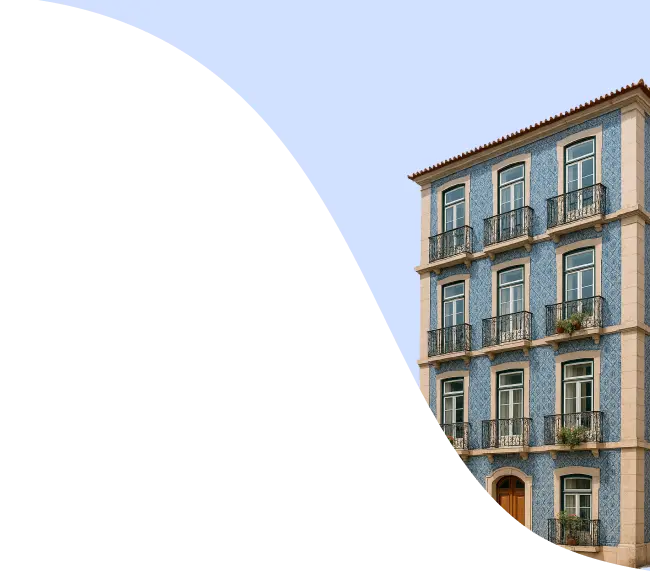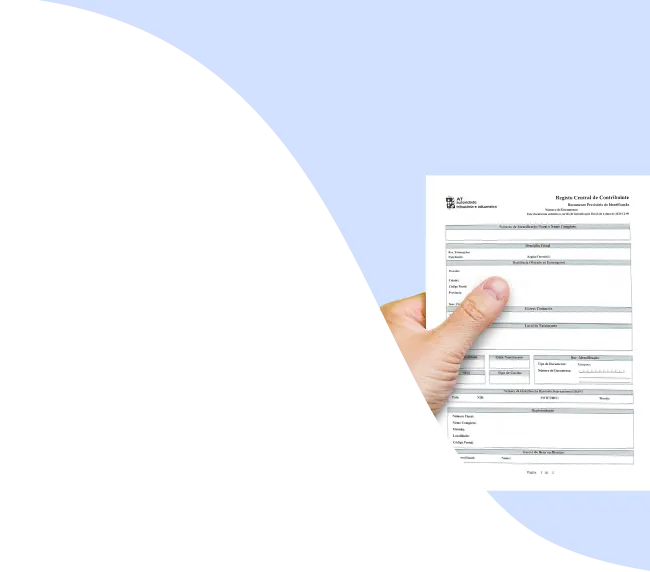What are the things to do in Madeira?
What are the outdoor activities in Madeira?
Madeira's dramatic landscape creates a natural playground for outdoor enthusiasts throughout the year.
The famous levada walking system, offers everything from gentle nature walks to challenging mountain hikes. Along with it, the year-round mild climate means outdoor activities rarely face weather-related interruptions, though seasonal variations add diversity to the experience, with the Atlantic setting provides a rich variety of water-based activities that extend beyond traditional beach visits.
Hiking and nature exploration
Levada Walking System
Madeira's famous levada network offers over 2,000km of walking paths, catering to all experience levels. These historic irrigation channels, converted into walking trails, provide unique perspectives of the island's diverse ecosystems. Popular routes include:
- Levada do Caldeirão Verde: Showcasing dramatic mountain scenery
- Levada das 25 Fontes: Famous for its waterfalls
- Levada do Rei: Offering glimpses of native Laurissilva forest
These maintained paths provide year-round accessibility, though seasonal conditions affect difficulty levels.
Water activities
The Atlantic location provides diverse maritime activities:
- Year-round swimming in natural pools and beaches
- Surfing spots varying by season and skill level
- Sailing and boat tours
- Diving and snorkeling in clear waters
- Multiple operators offer equipment rental and instruction, making water sports accessible to beginners and experts alike.
Cultural integration and social life in Madeira
Community engagement
Madeira's social fabric weaves together traditional Portuguese culture with international influences.
The island's festival calendar provides natural opportunities for community involvement, from the spectacular Flower Festival in spring to the world-famous New Year's celebrations. These events go beyond tourist attractions, offering genuine opportunities for newcomers to engage with local traditions and build connections within the community.
The welcoming nature of Madeirans makes it easier for expatriates to become part of the island's social tapestry.
Arts and entertainment scene
The cultural landscape continues to evolve, blending traditional Madeiran elements with contemporary international influences. The Funchal theater scene regularly hosts both Portuguese and international productions, while art galleries showcase local talent alongside international exhibitions.
Music plays a central role in island life, from classical concerts at the Funchal Cultural Center to traditional folk music in local venues, providing diverse entertainment options throughout the year.
Culinary scene and dining Culture
Madeira's restaurants reflect the island's rich cultural heritage while embracing contemporary gastronomy. The dining landscape ranges from family-run establishments serving traditional Madeiran dishes to sophisticated restaurants pushing culinary boundaries.
Local chefs take pride in utilizing fresh island produce and seafood, creating memorable dining experiences that connect visitors with the region's culinary traditions.
How is the professional and business life in Madeira Island?
Business community dynamics
Madeira's business landscape has evolved significantly, creating a unique ecosystem where traditional industries meet modern entrepreneurship.
The island's international business center has attracted companies from various sectors, fostering a diverse professional environment.
Regular networking events, organized by both local chambers of commerce and international business groups, provide valuable opportunities for professionals to connect and explore collaborations. These gatherings often feature industry experts sharing insights about operating businesses within Madeira's specific economic framework.
Entrepreneurial support systems
The local government has developed comprehensive support structures for new businesses and entrepreneurs. Business incubators, particularly in the technology and creative sectors, offer more than just workspace - they provide mentorship, legal guidance, and connection to potential investors.
Startup Madeira has become a central hub for innovation, running regular programs that help new businesses navigate local regulations while connecting them to broader Portuguese and European markets.
Remote work communities and infrastructure in Madeira
Ponta do Sol Digital Nomad Village
This pioneering project has transformed the charming town of Ponta do Sol into a thriving digital workplace community.
The village provides state-of-the-art workspace facilities equipped with high-speed fiber internet, creating an ideal environment for remote professionals.
Beyond the technical infrastructure, the community hosts regular events and workshops, fostering both professional development and social connections among its members. The project's success has created a blueprint for similar initiatives across the island.
Coworking spaces across madeira
The Funchal Innovation Hub stands as a testament to Madeira's commitment to modern work culture, offering stunning ocean views alongside professional amenities. The space has become a focal point for the island's growing tech and creative communities, providing not just workspace but a genuine community hub where professionals exchange ideas and collaborate on projects.
Similarly, Cowork Madeira's central location makes it a popular choice for those seeking a professional environment in the heart of the capital, with round-the-clock access supporting various working schedules and international time zones.
What is the lifestyle like in Madeira?
Sustainable living in Madeira Island
Eco-friendly practices
Madeira's commitment to environmental preservation manifests in various community projects and governmental policies.
Environmental initiatives
Residents actively participate in beach cleaning initiatives, reforestation projects, and sustainable agriculture programs.
The island's approach to waste management has evolved, with improved recycling facilities and increased awareness of plastic reduction. These efforts reflect a growing consciousness about preserving Madeira's natural beauty for future generations.
Sustainable housing trends
Modern property developments increasingly incorporate eco-friendly features, from solar energy systems to rainwater harvesting. Traditional building techniques are being revived and adapted with modern sustainable materials, creating homes that blend environmental responsibility with comfort.
Energy efficiency has become a priority in both new constructions and renovations, responding to both environmental concerns and long-term cost considerations.
Cultural and language adaptation as an expat in Madeira
Portuguese language resources
The path to learning Portuguese in Madeira combines formal education with practical immersion opportunities. Local language schools offer structured courses tailored to different proficiency levels and learning styles.
These programs extend beyond basic communication, incorporating cultural context and local expressions unique to Madeira. Small group classes and private tutoring options provide flexible learning paths, while language exchange meetups offer practical conversation practice in relaxed settings.
Daily communication realities
While English serves well, especially in tourist areas and professional environments, understanding Portuguese significantly enriches daily life. Simple interactions at local markets, administrative offices, and neighborhood establishments become more meaningful with basic language skills.
Many expatriates find that even limited Portuguese vocabulary opens doors to deeper community connections and more authentic island experiences.
Financial planning to live in Madeira Island as an Expat
Financial services access
Establishing financial stability in Madeira involves understanding both local and international banking options. Major Portuguese banks maintain strong presences across the island, offering comprehensive services with increasingly English-friendly interfaces.
Digital banking solutions have evolved to meet expatriate needs, simplifying international transfers and multi-currency management. The process of opening accounts has become more streamlined, though documentation requirements remain thorough.
Tax planning strategies
Understanding Madeira's tax framework, including potential benefits under the Non-Habitual Resident (NHR) scheme, requires careful consideration. The autonomous region status sometimes creates unique opportunities and considerations compared to mainland Portugal.
Professional tax advisors familiar with both international and local regulations help navigate these complexities, ensuring compliance while optimizing financial planning.
How to move to Madeira?
Establishing legal residency in Madeira as an Expat
Navigating Portuguese immigration
The process of establishing residency in Madeira follows Portuguese regulations while offering certain regional advantages.
After arriving with a residency visa in Portugal, your immigration procedures are handled through the local AIMA office in Funchal (for non-EU citizens), and in local city halls for EU citizens, where processing times often move more efficiently than on the mainland due to the smaller population.
Non-EU citizens typically begin with a temporary residence permit, provided by a Portuguese Visa, that remains valid for two years, while EU citizens must register their residence after three months of staying on the island.
The process, while bureaucratic, is well-structured and supported by English-speaking staff in many offices.


















































